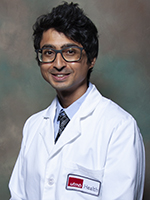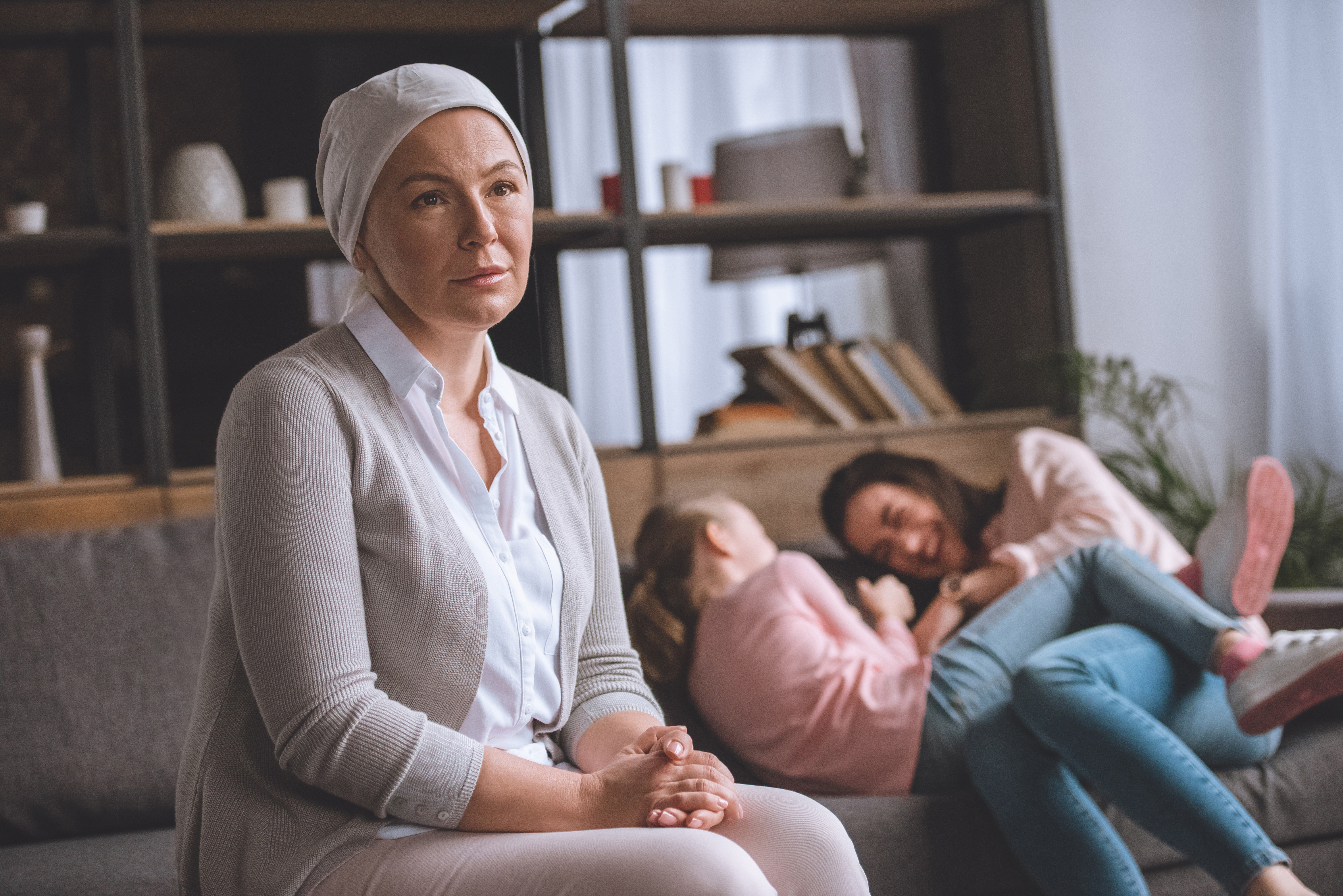 By Sagar Kamprath, MD, Assistant Professor of Family Medicine, University of Texas Medical Branch
By Sagar Kamprath, MD, Assistant Professor of Family Medicine, University of Texas Medical Branch
In a world with so many stressors and decreasing resources, we are left often wondering what to do when faced with further seemingly insurmountable news. For some patients and family members, that news comes as one word: cancer. Advances in the field of medicine allow our patients to survive much longer with targeted treatment options including immunotherapy, biologic treatments, chemotherapy, radiation, and surgery. With knowledge readily accessible at our fingertips, we hold a double-edged sword in our hands of on-demand therapy options and advertisements vying for our attention. As a result, patients often suffer before, during, and after their course of cancer treatment, and what we aim to improve is how we address cancer survivorship. That is from the moment cancer is diagnosed through the treatment phase and beyond into remission/cure, we aim to be with the patient.
Often, following a cancer diagnosis, the patient is placed under the care of the oncology team with little or no involvement of the Primary care physician in the treatment process. Patients eventually return to the care of the family physician who may not be privy to all that had transpired during the patients’ course of treatment. The idea of integrating care and facilitating communication falls under the umbrella of integrative oncology which is a patient-centered, evidence-informed field utilizing complementary and integrative medicine modalities to optimize health, quality of life, and clinical outcomes.
The idea of integrative oncology may sound niche to some, but if we think of it as a disease process, we are all experiencing it may place it into perspective. The truth is, cancer, or uncontrolled growth of cells, occurs in all of our bodies. However, in a healthy environment, our bodies can combat this from occurring in an unbridled fashion and progressing to cancer.
Unfortunately, with bad fuel comes the promotion of disease processes and from what we can see, the standard American diet of hyper-processed foods usually comes with the standard American diseases of diabetes, heart disease, and cancer. Dr. David Servin-Schreiber, a colleague who was diagnosed with a glioblastoma multiforme was initially given a year to live by his treatment team. Initially, David was told by his team to let them worry about cancer and for David to return to his normal lifestyle. However, as a physician, David scoured the medical literature for ways to treat cancers in addition to the prescribed chemotherapy/radiation. He distilled his findings into four anti-cancer principles which include a healthy whole food diet, avoiding toxins, stress management, and exercise – with these concepts augmenting his care, David was able to survive an additional nineteen years. From what we can see in David’s journey and most patients’ experiences is that we often treat cancer but fail to arm the patient with sustained tools of health and wellness to treat them as a whole into the future. These tools are an important part of cancer care which has over the years been a solid foundation based on integrative medicine and oncology.
With people becoming more self-aware in treating their own disease process along with advances in medicine, the length of time we survive from life-altering diagnoses is largely increasing. The concept of cancer survivorship has arisen to cover an individual from the advent of diagnosis through treatment and beyond. However simply excising or halting cancer may not be enough, and we should arm ourselves with the right knowledge and lifestyle practices to prevent and promote healing, especially from the malignant processes which are unfortunately becoming so commonplace these days. A cancer survivor’s needs are multifold encompassing the biopsychosocial domains of medicine.
With an increase in the 5-year survival rate given improvement detection and treatment, cancer survivors’ health care needs encompass not only oncological follow-up but the whole of continued primary preventive care.
The idea of integrative oncology aims to combine evidence-based complementary therapy with conventional therapy (surgery, chemotherapy, or radiation therapy) to empower the patient and promote an internal environment of healing.
We must continue to address issues across the spectrum of cancer care: prevention, management of side effects of treatment, strategies to enhance survivorship and quality of life, and palliative care.


